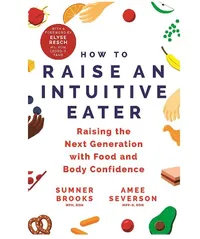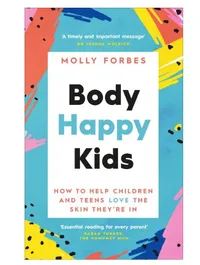Healthy eating: what it REALLY looks like and how to talk to your kids about it
Healthy eating in kids isn't what it used to be and that's a good thing...

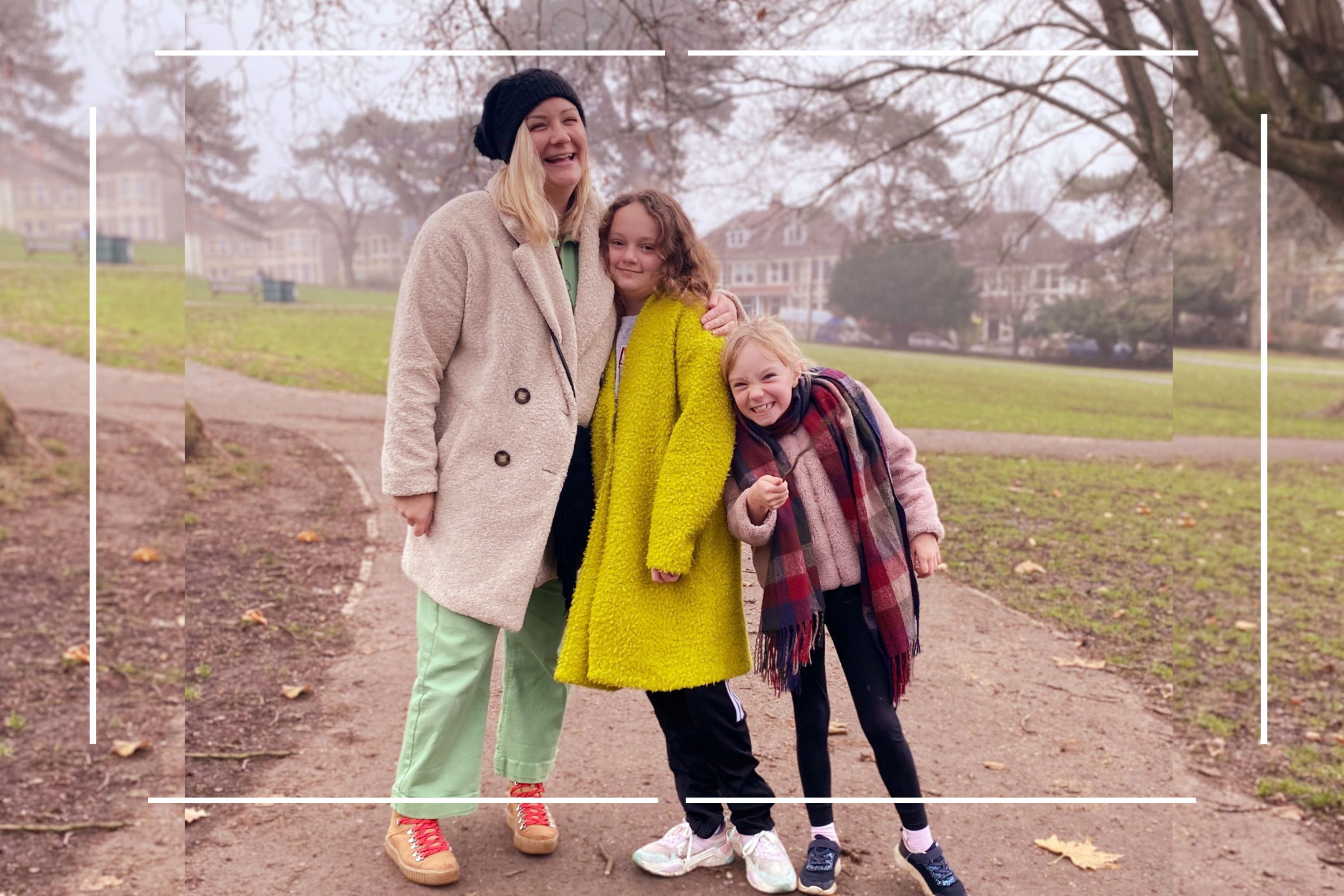
Parenting advice, hot topics, best buys and family finance tips delivered straight to your inbox.
You are now subscribed
Your newsletter sign-up was successful
The term ‘healthy eating’ means so much more now than it did when I was growing up. As a 90s kid, I survived my teenage years drenched in ‘sins’, ‘points’, restrictive beauty standards, and body shame. Now, as a mum of two, I want better for them.
As the author of Body Happy Kids, founder of bodyhappyorg.com, and constant campaigner, I know how important it is to break these generational cycles. I myself am still unpicking diet culture slowly but surely, and I'm now acutely aware of how I talk about myself, and to myself, when it comes to my body, how I feel about it and what I think about it. And Dr Asher Larmie agrees; “It’s time to change the narrative.”
Parenting is no walk in the park, there’s so much to teach the next generation, among everything it’s also our job to instil healthy eating habits that will shape their relationship with food for the rest of their lives. How we talk to our kids about healthy eating, food and nutrition can have a lasting impact on their mental, emotional and physical health.
Healthy Eating and how to talk to kids about it
We all know what healthy eating is, right? Lettuce, carrots, getting our five a day, avoiding sweets - or just eating “bad” food “in moderation”. Not necessarily, a new approach to healthy eating argues that it’s nothing to do with counting carrots and everything to do with having a healthy relationship with food. The way we talk about food impacts the way we feel about our bodies, which is why, if we want to break parenting cycles of food and body shame, we need to take a different approach to healthy eating that doesn’t put some foods on a pedestal or demonise others. And with more children than ever before seeking treatment for eating disorders and feeling like their bodies are “wrong”, there’s never been a better time to change the narrative.
Dr Asher Larmie, GP and self-styled Fat Doctor agrees; “Getting five portions of fruit and veg per day, whilst important, has far less of an impact than, say, reducing stress. And sometimes restricting certain foods (like those high in fat, sugar or salt) can actually have a significant impact on a child’s mental and emotional well-being which far outweighs any physical health benefits.”
How to encourage a healthy relationship with food
The first step in encouraging a healthy relationship with food is to cut the morally loaded descriptive words, food has no moral value. Sure, some food is higher in nutrients than others, but it doesn’t mean it’s inherently “better”. “From a young age children are taught about the importance of knowing right from wrong,” explains Aya Wingate, an NHS dietician working with children with eating disorders. “This can be tied up in the messages they get that certain foods are ‘bad’ or ‘unhealthy’ and ‘good’ or ‘healthy’. When children grow up with this narrative it can create a strong drive to make sure they stick to the rules and are always ‘good’ when it comes to what they eat. The risk here is that children go on to develop eating disorders which reinforce this idea to a pathological level.”
Parenting advice, hot topics, best buys and family finance tips delivered straight to your inbox.
Traditional notions of healthy eating often argue that if we just eat the “right” food then we’ll have the “right” body and automatically “be healthy”. These ideas are rooted in anti-fat bias and an oversimplified understanding of health. It ignores the many other things which impact our health such as our living environment, stress levels, genetics, and financial security - to name but a few.
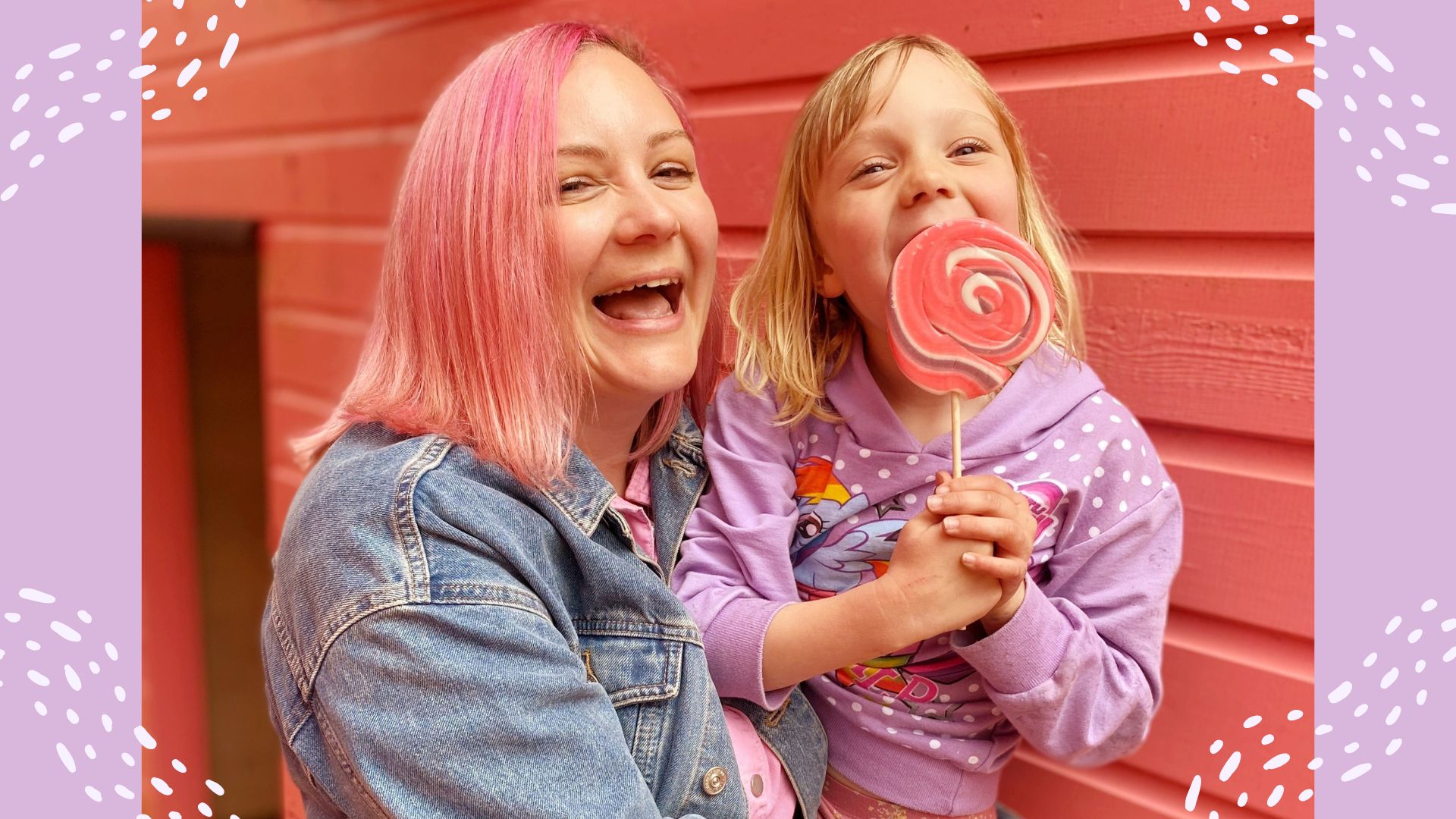
A new approach to healthy eating might feel overwhelming but it doesn’t have to be complicated. Instead of pushing peas at every mealtime, we can model the behaviour and attitudes that we want to see in our kids.
Goodto.com Family Editor, Stephanie Lowe explains how she does this with her 4-year old; “When I found out that he received a sticker for eating everything on his plate at nursery, I doubled down on my language and efforts when applauding him for listening to his body. It sounded like; ‘You're full? Okay thanks for letting me know and great listening to your body when it gave you signs it was full.’
"Sometimes I struggle because breaking this particular parenting cycle is hard and very triggering. Mealtimes, when I was growing up, were a battleground, with war cries of ‘get it eaten’ thrown around the table. I had no idea how to listen to my own body… and still don’t to an extent.”
To help further model healthy eating and what it means, we can cut out the diet talk and show children what it means to look after our bodies with kindness. This means;
- Ditching rigid food rules
- Eating in a way that feels good
- Getting enough sleep
- Managing our stress levels
- Spending time outside
- Having strong social connections
- Doing things we love
- Finding support when we feel sad
These are a few healthy behaviours that diet culture completely ignores.
Worried your kids are eating too much sugar? What to do next…
If the thought of bucketfuls of sweets at Halloween or piles of chocolate at Christmas brings you out in a cold sweat, you’re not alone. This is a natural response from growing up in a culture that teaches us to fear these types of food.
Registered nutritionist and author, Laura Thomas, argues that making a big deal out of sweets ‘sends the wrong message’. “[it tells children that] 1) they can’t be trusted around that food 2) there’s something ‘special’ about sweet food that makes it more appealing and 3) means children are less likely to listen to internal cues because they fear this is their one chance to eat a food they enjoy.”
But sugar’s addictive, right? And too much of it can make kids go wild? Again, this is falling into the trap of moralising food and, as Laura explains in her recent newsletter article - there’s a level of confirmation bias here. We’re so quick to blame sugar as the reason for our kids bouncing off the walls, we’re not taking into account the excitement that often comes with trick or treating at Halloween or opening presents under the Christmas tree.
Ultimately though, Laura argues that telling children they can’t have sweets could actually have the opposite effect. “When we have very fixed ideas about sweets we can fall into a trap of inadvertently making kids more preoccupied with them. These are signs that their relationship with sweet foods is off and that they may need more access to them, not less.”
New food-neutral language to try
Changing the healthy eating record can be hard when it’s been playing in the background all your life, so it can help to have some tried and tested statements up your sleeve.
“All foods fit” is the idea that no food is off-limits. It also illustrates the fact that “food is more than fuel” - which is in itself another great statement to remember. Food plays an important part in many celebrations. It brings us together and helps us celebrate our cultural heritage, identity, and family memories. When we reduce food down to a collection of nutrients we deny the many other important roles it has in our lives. And finally, remember that you’re in it for the long game. This is about raising a child, into a teenager then into an adult - who has a happy, healthy, and joyful relationship with food long after they’ve left home and need you to cook for them.
The gist:
- Food neutrality removes judgement on foods and on ourselves for eating those foods.
- Avoid using food as a bribe, reward or punishment.
- Model healthy eating behaviours, show enjoyment of food, and body neutrality.
- Focus on healthy behaviours and not numbers on the scale.
- Avoid terms that categorize food as good or bad.
Books to read:
How to Raise an Intuitive Eater: Raising the next generation with food and body confidence - View at Amazon
RRP: £11.63 | Delivery: Free next day | Available formats: Kindle, Audiobook, and paperback
384 pages of interesting, informative and helpful advice, teaching you to identify and heal the wounds of a toxic diet culture. A brilliant book to help parents trying to raise kids who don't fear and resent their appetites or their bodies the way too many were taught to do in the past generation.
Body Happy Kids: How to help children and teens love the skin they’re in - View at Amazon
RRP: £12.09 | Delivery: Free next day | Available formats: Kindle, and paperback
Body confidence isn't a given. Sadly research shows that children as young as five are saying they need to 'go on a diet' and over half of 11 to 16-year-olds regularly worry about the way they look. Campaigner and mum-of-two-girls Molly Forbes is here to help
Podcasts to download and sites to visit:
- Can I Have Another Snack Please - Podcast from registered nutritionist LauraThomas PhD
- Burnt Toast - Substack newsletter from journalist Virginia Sole-Smith
- No Weigh campaign - resources and information from Dr Asher Larmie
- The Ellyn Satter Institute - learn about the Division of Responsibility in Feeding model from US infant feeding expert Ellyn Satter
Related features:
- Where do kids eat free near me?
- Can your child get free school meals?
- Does my child have an eating disorder?
Video of the Week:
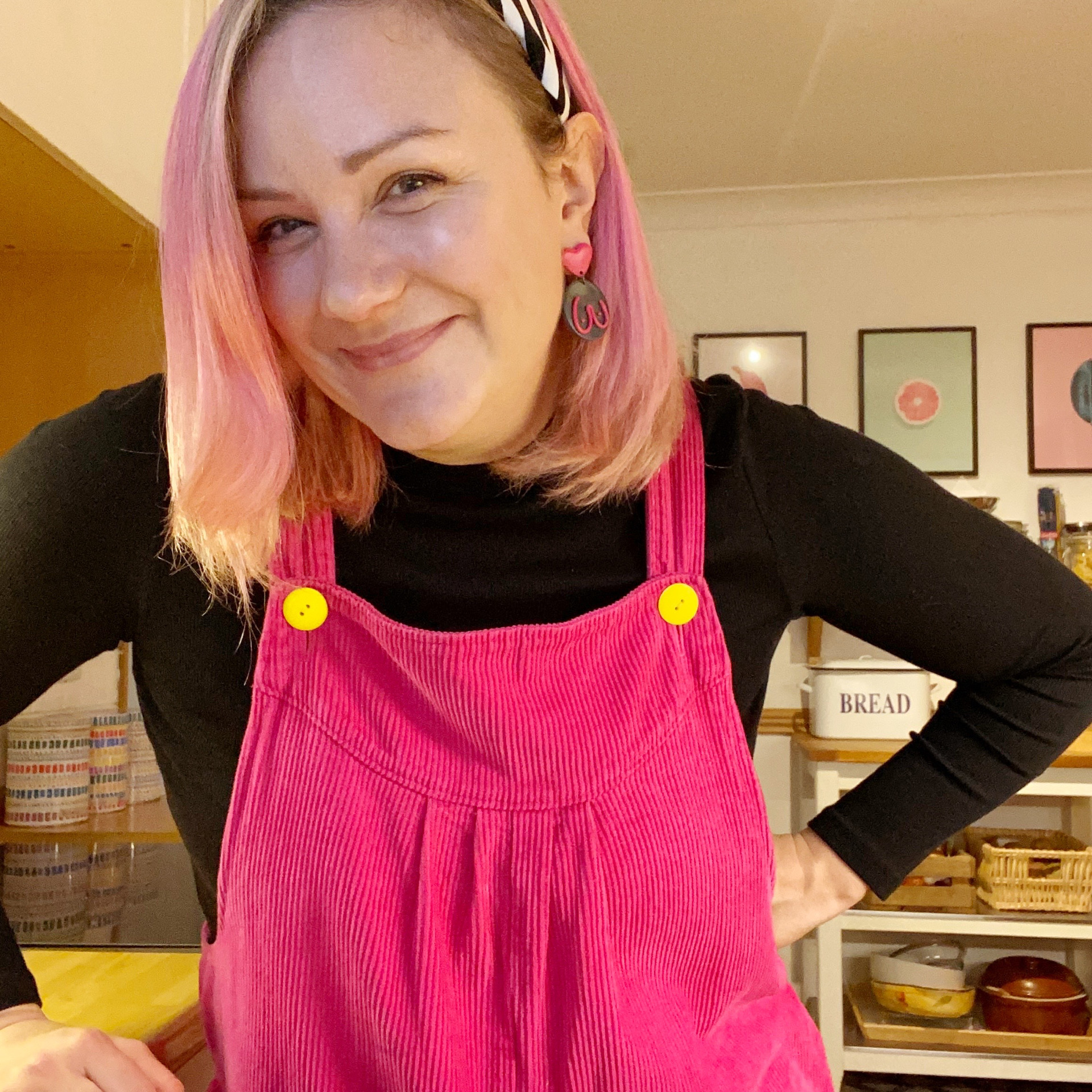
Molly Forbes is an author, campaigner, non-profit founder and public speaker. As well as writing about body image and children, Molly runs The Body Happy Organisation, hosting workshops for schools on positive body image and mental health.
